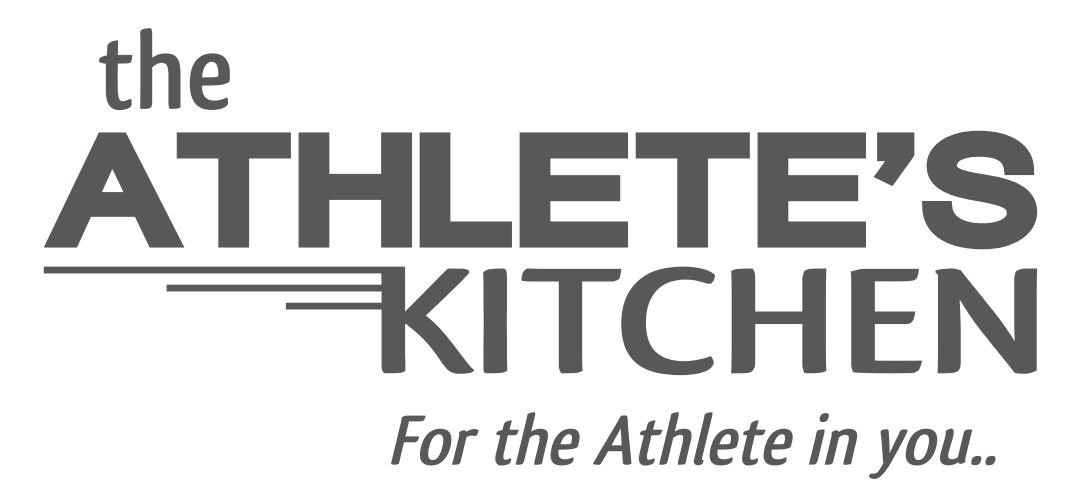Hydration….not such a dry topic. By Rebecca Hay
/Over recent years there has been much debate about the fluid and electrolyte needs of athletes. Many questions have been raised about the dangers of not drinking enough and the dangers of drinking too much. There has been more debate and much research on cramping and is this due to lack of fluid or lack of electrolytes…or something else?
Why is it important to get this right?
- Fluid maintains our blood volume.
- It aids in muscle contraction.
- It aids in body temperature regulation. Sweat evaporating from the skin how the body cools itself.
What effects sweat rate?
- Changes in temperature and humidity
- Increases in exercise intensity will increase sweat production.
- Varies with genetics, body size and fitness (so regular changes need to be considered as your fitness increases and body composition changes)
Following is more specific information on hydration while training and competing.
- Dehydration WILL cause a decrease in exercise performance as well as mental performance. Body temperature increases, heart rate increases, perception of effort increases, rate of gastric emptying decreases leading to stomach discomfort – none of these good in a competition situation.
- Start your training session or race in a well hydrated state. This does not mean overloading yourself with fluid. This means making sure you are drinking small amounts of water regularly, not getting a dry mouth through out the day, passing urine 5-6 times a day.
- The colour of urine is a good guide to hydration levels (assuming you are not taking a multivitamin that makes your urine orange, or have eaten asparagus to make it really yellow, or eaten beetroot to make it pink!). Urine should be a pale straw colour. If not you should be aiming to increase your fluid intake over the day.
- One of the simple strategies you can employ to help remember is to have a glass of water or two with every meal and snack. On hotter days you will drink more and on cooler days less.
- Simple measures can be taken to compare pre and post exercise body weight to determine how much sweat, and therefore fluid is lost, in specific conditions and
- Best advice is to work out what is right for you.
Great general resources are the Sports Dietitians Australia website (www.sportsdietitians.com.au) and the AIS Website (www.ausport.gov.au). For more specific advice you can contact any of the dietitians at The Athletes Kitchen to help you work out an individual plan.

